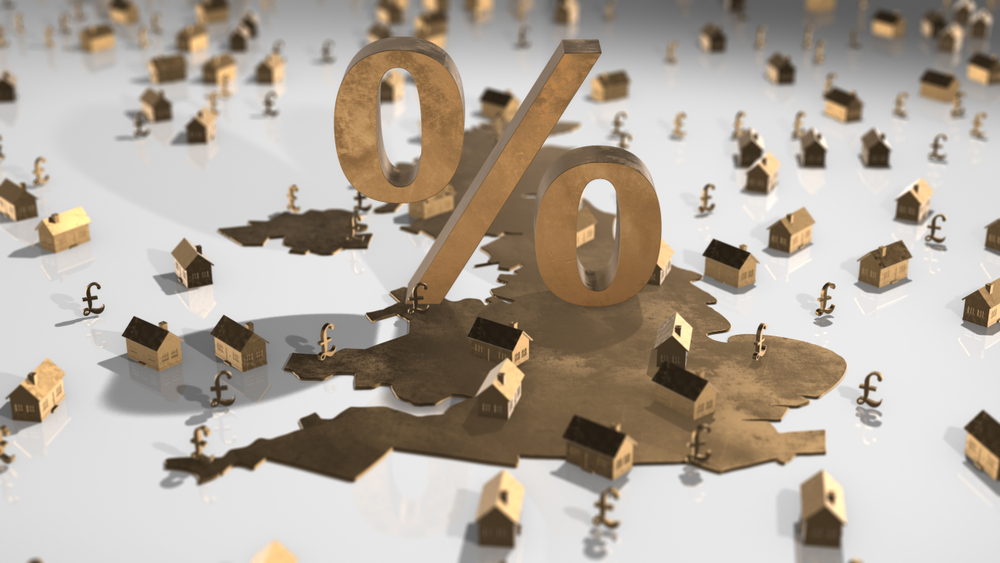
Upcoming stamp duty changes at the start of April are set to boost receipts by over £1.1bn annually, Zoopla analysis reveals.
Zoopla’s data shows that four in five existing homeowners (83%) will pay stamp duty from April, up from 49% today as the 2% band returns between £125k and £250k.
Less than a fifth of homeowners (17%) will pay no stamp duty on purchases below £125,000.
This means that the 49% of homeowner purchases over £250k will pay an extra £2,500 in stamp duty from April. The 33% of buyers purchasing between £125k and £250k will pay 2% on the purchase price up to a maximum of £2,500.
Zoopla estimates this will generate an additional £900m in stamp duty.
The biggest jump in buyers paying stamp duty will be in the West Midlands where 66% more sales will pay the tax from April, followed by 55% in the East Midlands and 50% in the North West.
First-time buyers will pay stamp duty on purchases over £300,000 from April, meaning three in five will avoid this extra cost of buying, which helps those buying in areas with lower house prices.
The number of FTBs liable to pay stamp duty will be the lowest in the North East at 2%, Yorkshire and the Humber at 3%, Northern Ireland at 5% and the North West 5%.
However, the proportion of FTBs liable to pay stamp duty will double to 42% from April, hitting London and South East buyers in the £300k and £625k range the hardest, with costs of up to £15,000 per purchase.
The property website estimates this will generate an additional £200m in stamp duty.
Zoopla executive director Richard Donnell says: “Stamp duty has become a big source of tax revenue, approaching £10bn a year for the government. The reduction in tax reliefs from April will see more home buyers paying stamp duty.”
“Existing homeowners will pay up to £2,500 more for each purchase across a large number of sales. The average seller has made £60,000 in capital gains so there is flexibility to absorb this cost but buyers will expect to factor this extra cost into what they offer.”
“It’s positive that most first-time buyers will still pay no stamp duty from April, but these changes hit those buying over £300,000 in southern England the most where buying costs are already high. This will reduce buying power and market activity at a local level.”
“Stamp duty is a big tax on home movers in southern England where affordability problems are already a major challenge. The case for reforming stamp duty remains but the question is where to replace the multi-billion in annual tax revenues.”



